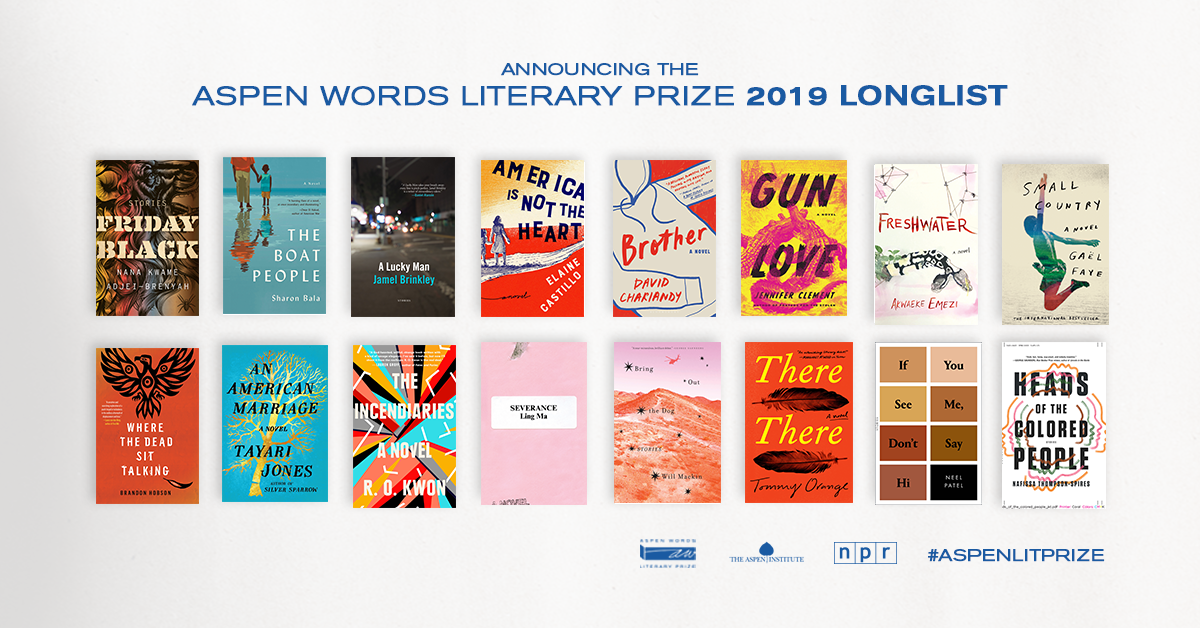Starting your first work of fiction can be a daunting task. It feels like it requires a lot more than putting pen to paper (or hand to keyboard). This year’s nominees for the Aspen Words Literary Prize understand that— most of the selected works were written by debut authors. “New voices can often help us see the world more clearly, with a different perspective,” said Adrienne Brodeur, executive director of Aspen Words. So the next time you sit down to write, find inspiration in the advice of seven celebrated authors.
Gael Faye, author of Small Country
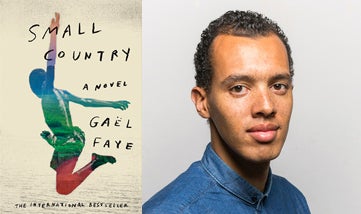
When I was 13, I started to write. So my aunt gave me Letters to a Young Poet by Rilke. I read this book several times. The entire book is a wonderful piece of advice. Rilke says you don’t need any permission to write. One of my favorite quotes is: “No one can advise or help you— no one. There is only one thing you should do. Go into yourself.”
Brandon Hobson, author of Where the Dead Sit Talking
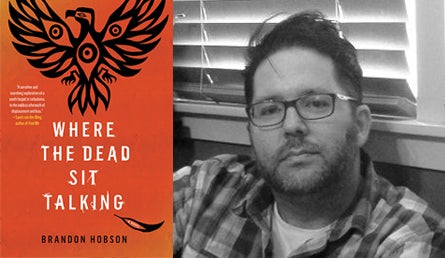
A former teacher once told me to take risks and to be a powerful voice. I think of that often when writing.
Sharon Bala, author of The Boat People
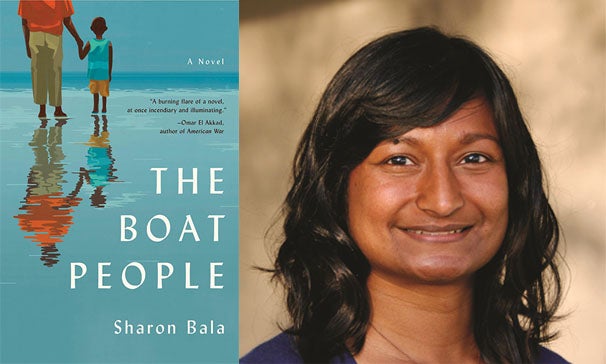
The best writing advice always comes from other authors. Lisa Moore says put your characters in peril. Sarah Selecky counsels her students to write the story they want to read. If I keep those two guidelines front and center in my mind, I can’t go wrong.
Nana Kwame Adjei-Brenyah, author of Friday Black
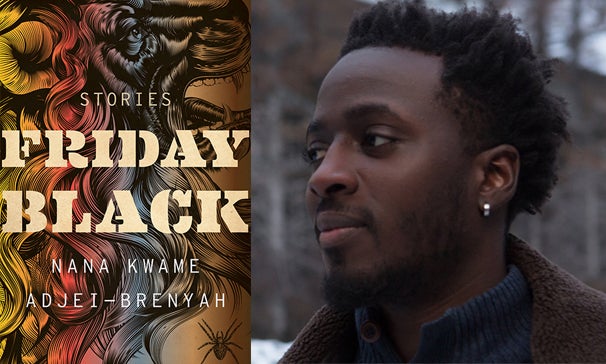
Arthur Flowers says something like, “It’s important to learn to love the sound of your own singing, but don’t get so caught up that you miss the music all around you.” That was important for me to hear.
Elaine Castillo, author of America is Not the Heart
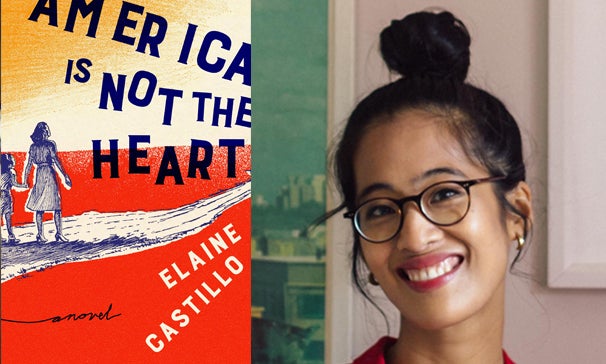
It’s funny, most of the best writing advice just comes from whatever you’re reading at the time. I was re-reading Anne Carson’s Autobiography of Red the other day, and two lines stuck with me, great reminders for any writer: “There is no person without a world” and “Reality is a sound, you have to tune in to it not just keep yelling.”
Jamel Brinkley, author of A Lucky Man
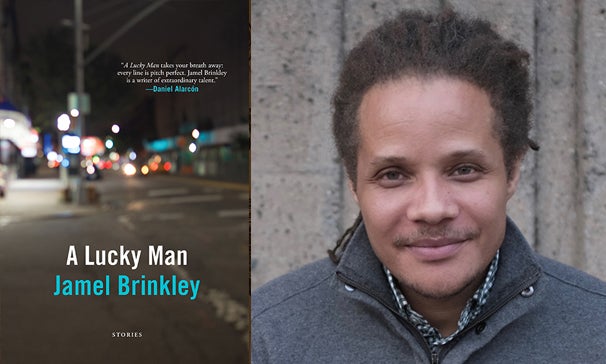
I’ve gotten so much great advice from so many great teachers. One piece, which I’ve received in various forms, is to write toward difficulty instead of away from it, to see problems in fiction as good things, as obstacles that demand the writer’s most creative responses. These dark, difficult, challenging places are often where the most genuine and interesting stories reside.
Akwaeke Emezi, author of Freshwater
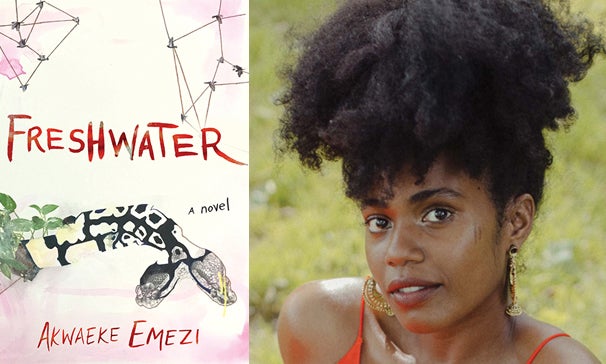
Every first draft is trash. Write it anyway.
